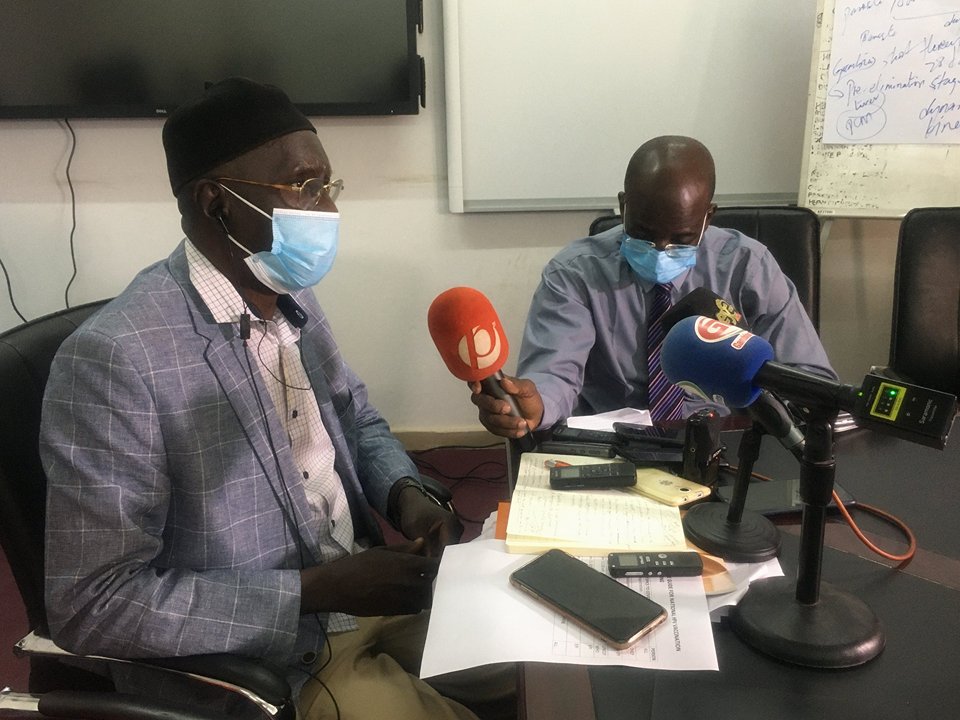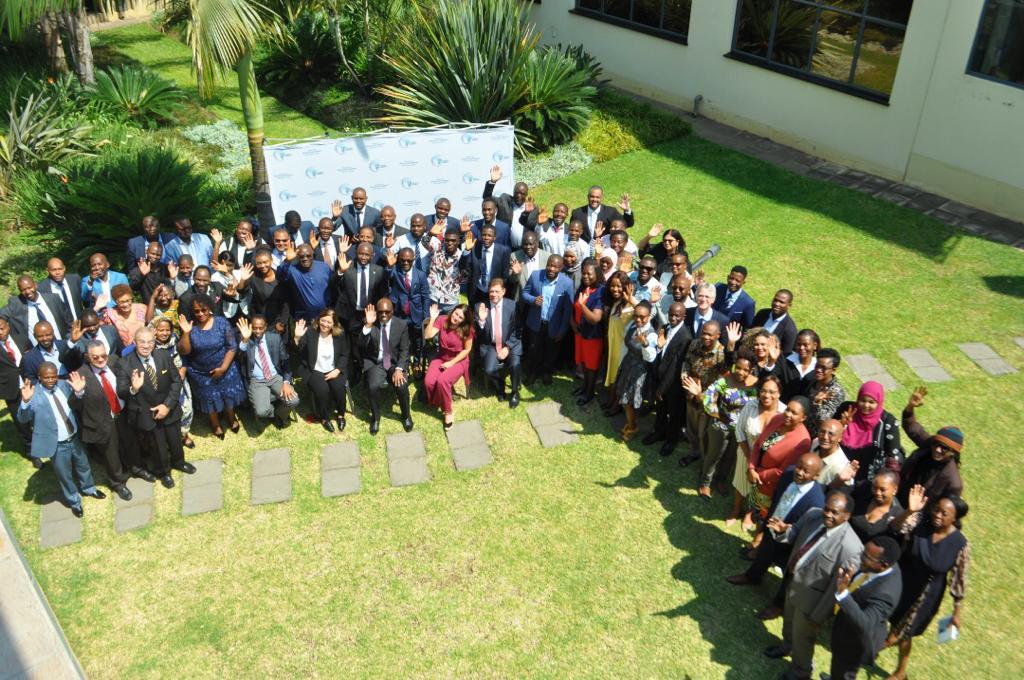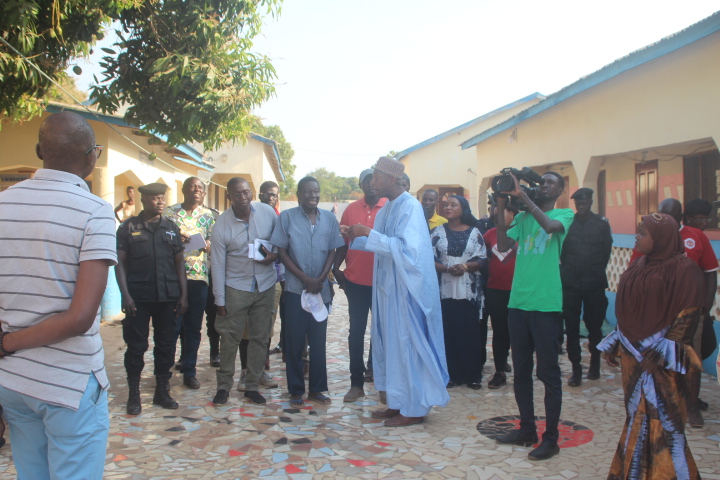By: Nyima Sillah
The Ministry of Health has disclosed its readiness to immunize girls between the age of 9 to 14 years across the country against cervical cancer. The nationwide vaccination on cervical cancer is scheduled to commence next week in a bid to help prevent the disease in the country.
This was disclosed Wednesday in an organized press conference held by the Ministry of Health at the Medical Drugstore, Kotu.
The vaccine was rolled out throughout the country in November 2019 and a similar vaccination will be demonstrated as a continuation of HPV vaccination across the country – targeting school going children and dropouts within aged 9 to14 years old.
Speaking at the news conference, Sanjally Trawally, Deputy Director of HPV said the vaccination is important because cervical cancer is happening in the country and more women are experiencing it.
He noted that the team will as well target schools to get the girls vaccinated “because women are most vulnerable to the virus.”
The Deputy Director of HPV explained that prior Covid-19 vaccine it was highly rumored among some people that the cervical cancer vaccine is for Covid-19, a rumor he has dispelled. “We want to make it very clear that this HPV vaccine is different from Covid-19 vaccine but both are safe and effective and it is the continuation of the vaccination activity that was done in the previous years,” he announced.
Mr Trawally urged the public to corporate and encourage their girl children to get immunize “it is important for them as prevention to cervical cancer.”
He added that other countries have been taking this vaccine since December without any side effect.
Sidat Fofana, EPI Program Manager said cervical cancer is a common disease in The Gambia “killing people and vaccine is the only way that can protect people from it. Now that the vaccine is here, we have people confusing the population without any background knowledge.” This he said is making their work hard while putting so many lives at risk.
Bakary Jago, WHO Rep his organization mandate is to support and give guidance to the member state to ensure that basic issues are address and the WHO has developed strategies called the primary, secondary and tertiary strategy.




